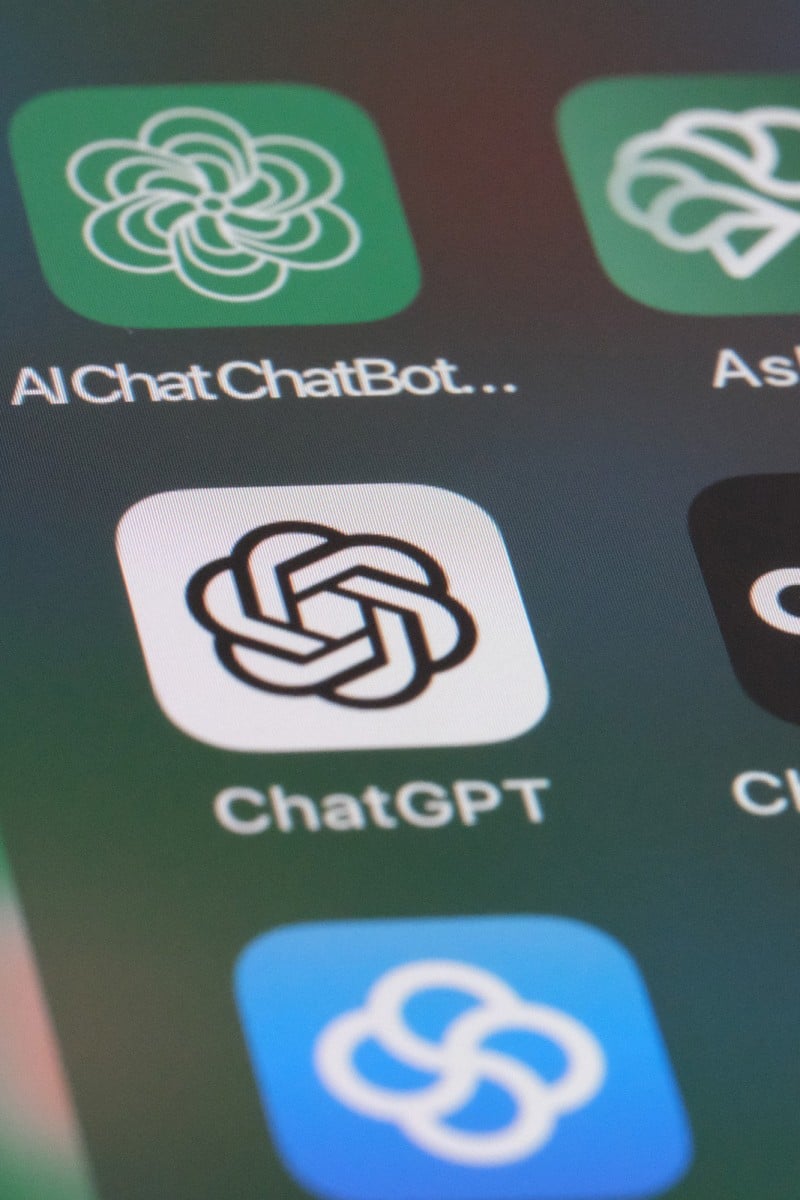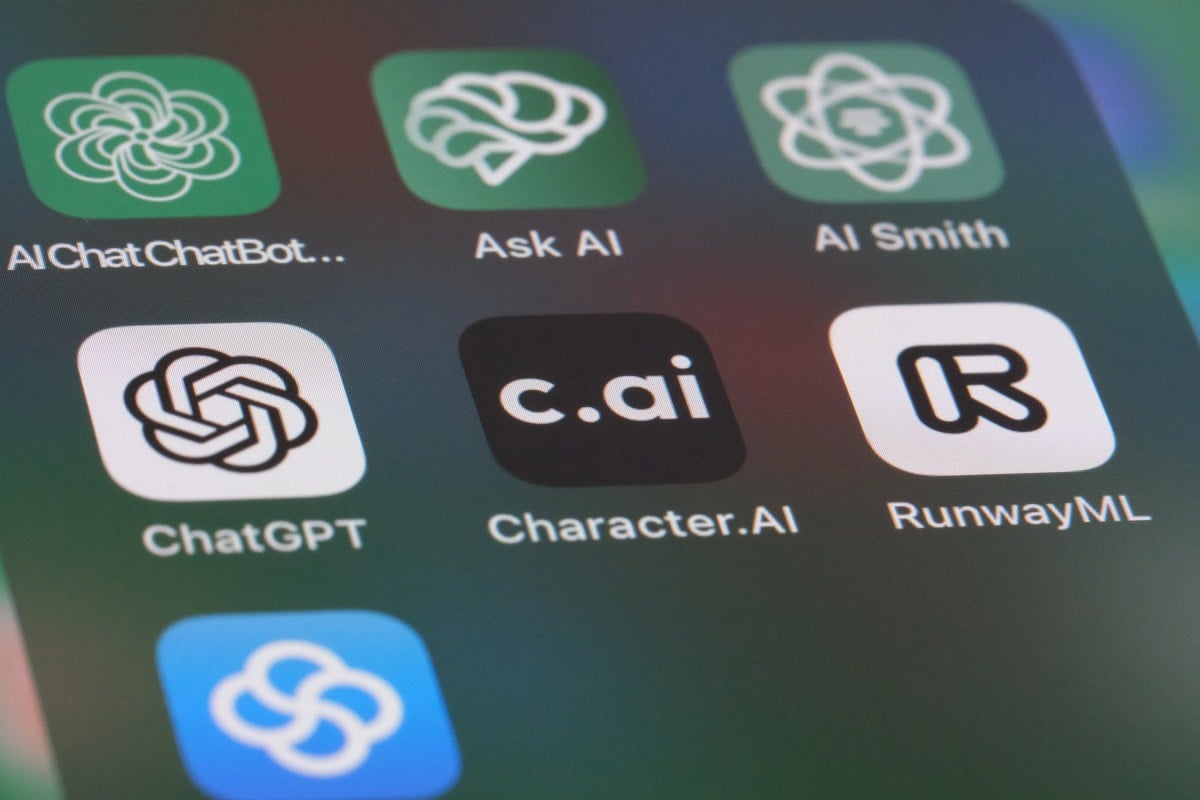
AI chatbots harm cognitive and critical thinking, MIT study shows
Are we getting duller? Neural scans show that relying on artificial intelligence chatbots risks losing full powers of cognition
 Could AI chatbots be making us duller? This MIT study seems to think so. Photo: Dreamstime/TNS
Could AI chatbots be making us duller? This MIT study seems to think so. Photo: Dreamstime/TNSPeople who use artificial intelligence (AI) chatbots to help them write risk losing their full cognitive powers, according to brain scans.
A study by the Massachusetts Institute of Technology used electroencephalography (EEG) scans to assess the “cognitive load” – the effort used by your memory to recall information – in participants.
The researchers found that AI users “consistently underperformed at neural, linguistic and behavioural levels”.
Test subjects were divided into three groups and told to work on essays by themselves, with access to online search or using the help of an AI large language model (LLM).
“Cognitive activity scaled down in relation to external tool use,” the MIT team found. This means the amount of effort used by the brain decreased the more a test subject used an external tool.
‘I’ll keep writing’: Chinese novelist Mai Jia will not be outdone by AI
Of the three groups, people who used tools such as ChatGPT “displayed the weakest connectivity” and struggled to recall or quote their work.
The “brain only” group exhibited “the strongest, most distributed networks”, the tests showed. Participants who used search engines were found to be somewhere in between.
Those who leaned on AI showed what the team described as “reduced alpha and beta connectivity” – findings that indicated reduced brain engagement.
In contrast, people who had to think through their assignment without relying on AI showed “higher memory recall” and the activation of certain parts of the brain, the team found.
“While LLMs offer immediate convenience, our findings highlight potential cognitive costs”, they said, warning that the results “raise concerns about the long-term educational implications of LLM reliance and underscore the need for deeper inquiry into AI’s role in learning”.
MIT’s recent findings follow a publication in April of a survey of over 300 “knowledge workers” by Microsoft, the maker of Copilot AI systems. In this survey, respondents indicated “reductions in cognitive effort” while using chatbots.
“Used improperly, technologies can and do result in the deterioration of cognitive faculties that ought to be preserved”, the researchers warned.
The use of AI at work has doubled over the past year, according to a recently published Gallup survey: “27 per cent of white-collar employees report frequently using AI at work, an increase of 12 percentage points since 2024.”